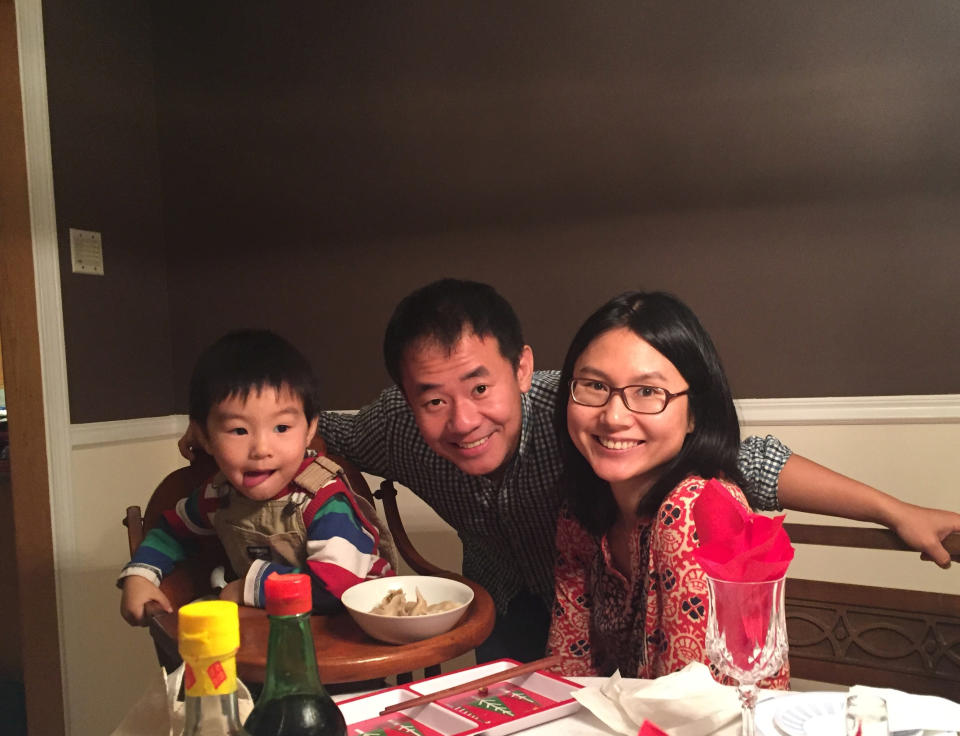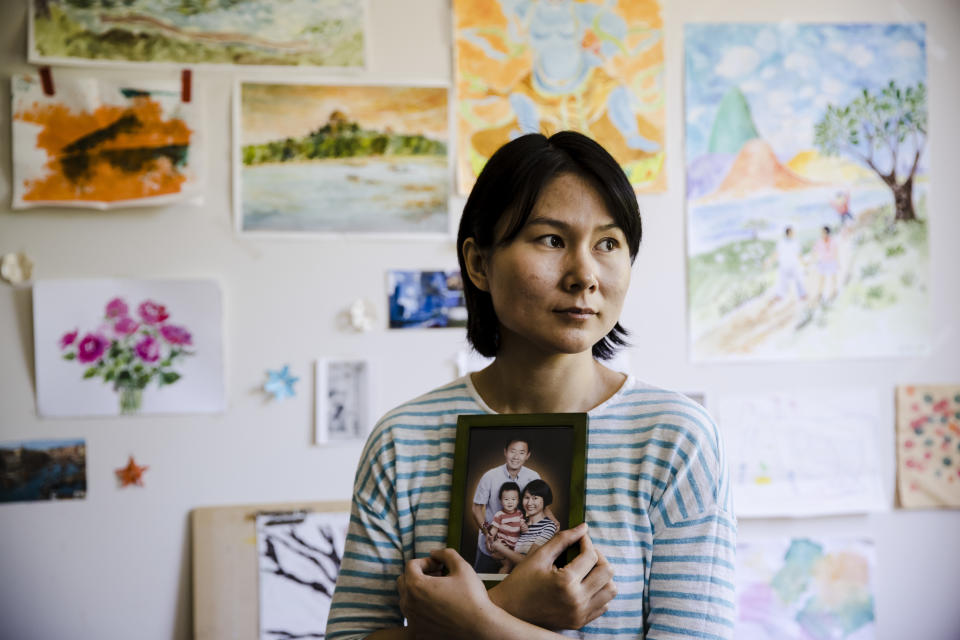UN panel calls for immediate release of American scholar held in Iran
In strong and unequivocal terms, a United Nations panel has concluded that Iran’s arrest, conviction, and continued imprisonment of an American scholar is arbitrary and without legal basis, and recommends that Xiyue Wang be released immediately. In an early unedited version of its report, dated Aug. 29, the UN Working Group on Arbitrary Detention concluded that Iran breached its obligations under multiple international agreements on basic human and civil rights. The report found that the charges against Wang were based solely on his American citizenship and that he was denied basic due process at nearly every juncture.

Wang was sentenced to 10 years imprisonment in April 2017 on charges of espionage. Wang’s wife, friends and fellow scholars at Princeton University have maintained that Wang’s sole mission in Iran was to conduct dissertation research on the late imperial period of the Qajar dynasty and that he was honest with Iranian authorities about the historical documents he sought. After weighing allegations on both sides, the UN Working Group concluded that there was no evidence showing otherwise, and that “If such evidence exists, the Government could and should have submitted it (or at least a detailed description) with its response.”
The report said: “Mr. Wang sought to review unclassified historical records from more than 100 years ago. These documents do not contain any national security information, are not pertinent to the operations of the contemporary Iranian government, and were not classified or labelled as such.”
The Working Group investigated the case for months in response to a petition from Wang’s wife. Responding to the panel in May, Iran claimed Wang had “illegally obtained access to archival documents in the national library” and had “contact with organizations seeking to overthrow the Islamic Republic of Iran.”
The panel also denounced the conditions Wang has been subjected to in Evin Prison as “overcrowded, unhygienic and inhuman.” According to his wife, periods of solitary confinement, being forced to sleep on the floor and being put in a cell with other detainees who harassed him for his American citizenship are contributing to Wang’s deteriorating physical and mental health. He’s been beaten up by other cellmates, one of whom, a Taliban member, allegedly threatened to kill him. All of these circumstances would violate Iran’s obligations under the so-called Nelson Mandela Rules concerning solitary confinement.
“I’m very thankful for such an independent and strong opinion because he’s completely innocent, he’s not a spy,” Wang’s wife Hua Qu told Yahoo News by phone.
Since her husband’s detention, Qu has been caring for their now 5-year-old son, while maintaining her own career at a major pharmaceutical company and trying to keep attention on Wang’s case. She is hopeful the UN panel’s investigation will lead to concrete action on the part of the U.S. government and the international community.
“This is about an innocent student’s life,” she said. “This is about a real family, a 5-year-old not having seen his father for … well, today is the 858th day. It’s been way too long for such a young life.”

The UN Working Group has examined several cases of foreign nationals convicted in Iran in the last five years that follow a similar pattern of arbitrary detention with inadequate evidence and says “systematic imprisonment or other severe deprivation of liberty … may constitute crimes against humanity.” Xiyue Wang is one of at least four American citizens currently being detained in Iran, and the only one who does not hold dual U.S.-Iranian citizenship. He gave up his Chinese citizenship years ago to enjoy the freedoms of being an American scholar.
____
Read more from Yahoo News:


